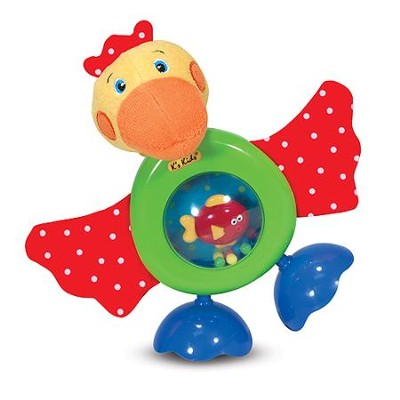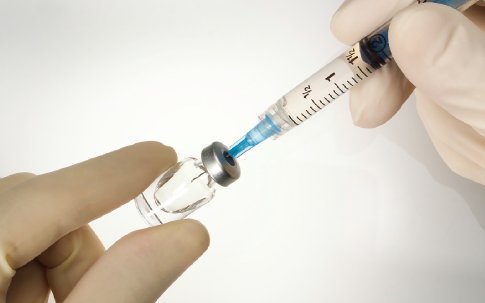Before we had our blog, I wrote some blog-like notes on my Facebook page. I just came across this one from 2009 and thought it was VERY relevant, so I thought I would share it with you all.
| From Research Frontier |
One mother needed to talk to me because she was struggling with her decision about when to wean. She's a terrific mom...really sort of a superwoman, like so many moms I see every day. She is mothering a precious baby, working at a demanding job, and taking care of home and hearth. She struggles with feeling guilty about the time she takes at work to pump, even though her job performance continues to be excellent. Her husband feels like pumping might be draining her and has suggested she wean. She doesn't really want to wean quite yet, but feels bad about not taking hubby's advice after she asked him for it. What a conundrum.
As an IBCLC, my job is to support and encourage breastfeeding mothers, but each mother has to make her
 |
| From Grace Women's Ministry |
The second mother had lactation failure with her first baby. She has been pumping and trying very hard to develop a supply, but yesterday she brought her pump back. Depression has set in, and she feels terribly guilty for giving up. To make matters worse, she speaks very little English, and her doctor, who speaks no Spanish, insists she use a formula that doesn't seem to agree with her baby. She has begun taking antidepressants, but still feels overwhelmed by guilt. It doesn't help that her peers tell her the reason her baby is small is because she's not nursing.
I think it would be very wrong for me to add to her guilt at this point. Instead, my job is to encourage her because she has tried so hard. I told her that breastfeeding is NOT what makes her a good mother. I reminded her that she was the expert on her baby, not the doctor and encouraged her to talk with the doctor (via translator) again. I don't know how much good I did, but I told her the same thing I told Mom 1: Tell yourself daily, "I don't do guilt."
It's taken me 49 years to learn this myself. I've done guilt all my life. My dad and stepmom spent years trying to help me learn the "I don't do guilt" lesson. It finally sunk in (more or less). Life is just too short to waste it on guilt. Unless a mother is truly a monster (like the Alabama mom who set her house on fire with her child inside), there just isn't any need for her to feel guilty. We all learn as we go, and children are unbelievably forgiving (at least before they become teens).
So if you are letting others make you feel guilty about breastfeeding or not breastfeeding, about co-sleeping or not co-sleeping, about working outside the home or not going back to your job, STOP! Repeat after me: "I DON'T DO GUILT!"









